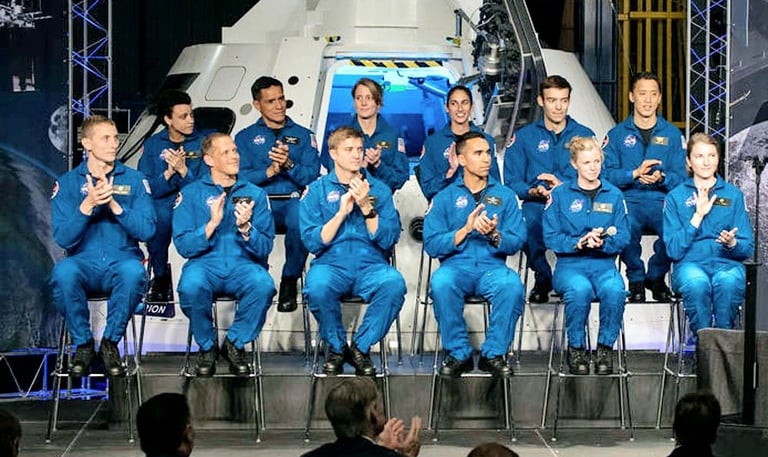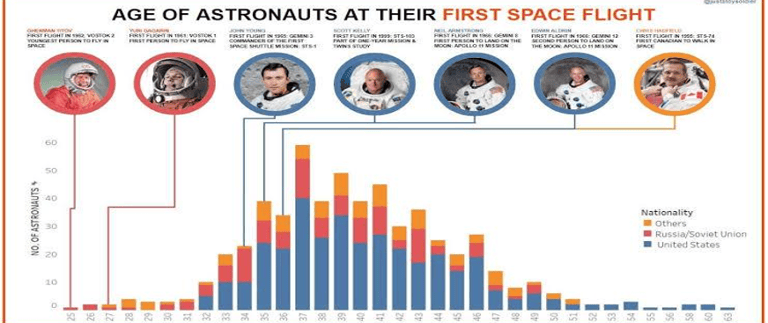Recent projects


ASTRONAUT SELECTION AND POTENTIAL RISK MANAGEMENT: PSYCHOLOGICAL TRAUMA AND RESILIENCE FOR MARS SPACE MISSION By David W. Kim
https://kirj.ee/wp-content/plugins/kirj/pub/Trames-3-2024-211-236_20240825124645.pdf


Gender Policy and Couple Astronauts: Confinement and Resilience Countermeasures in Deep Space Exploration By David W. Kim
How is Gender Policy for Future Astronauts?
Space science has been developed with a long-term perspective beyond missions in Earth orbit, the International Space Station (ISS) and Shenzhou. While space tourism is a commercial project, NASA’s SpaceX is considering innovative missions for the moon station and Mars in the 2030s. The major hazards of radiation, microgravity, distance from Earth and hostile environments will be technologically addressed for the biological and physiological safety of human spaceflight. However, prolonged isolation in space was not the key issue of past missions; nevertheless, it critically affected psychological and behavioural changes. How can we enhance future astronauts’ mental well-being? What methodology would be efficient for outer space travel? Are space agencies’ gender policies still valuable? If not, how can they be reconsidered in risk management?
Since insecurity illogically leads to the internal circumstances of solitude, fear, anxiety, low morale, negativity, unwillingness and longing for family, this research explores the significance of spaceship community life in the context of gender equality. The physiological characteristics of future astronauts (around late twenties to early forties) are evaluated in relation to sexual nature for 2.5–3 years. The paper presents a feasible hypothesis that, in the secure systems of STEM and medical environments, applying the ‘couple astronaut theory’ could serve as an alternative countermeasure to enhance the resilience, safety, and success of deep space exploration.
https://informaticajournal.com/informatica/index.php/pdf/stream/AiEfx/1749354756
